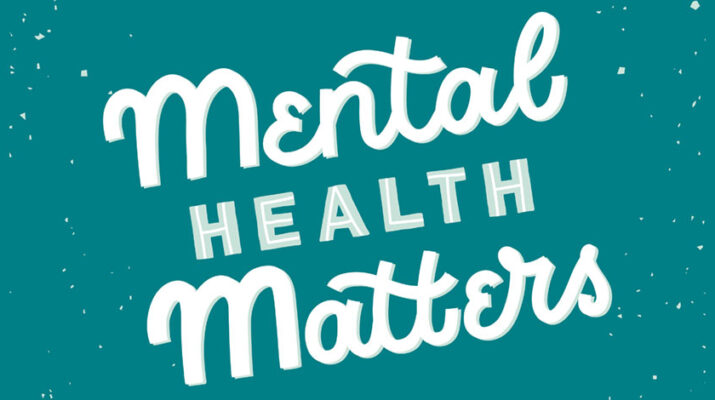At-home tips from the pros to alleviate depression
By Deborah Jeanne Sergeant
Little daily habits can add up in big ways. For example, eating a big lunch can result in gained weight because of excess calories. Or, on a positive note, going for a daily walk can cause weight loss because of burned calories.
Mental healthcare is similar.
Instilling good daily habits can also contribute to good mental health.
Shawn Marie Cichowski, life coach and owner of Western New York Life Coaching in Williamsville, said that staying grounded and centered can increase the likelihood of good mental health. She calls these practices the building blocks of meditating. “With meditation, it doesn’t have to be sitting cross legged. You can pray, color or do something repetitive that brings your focus.”
These techniques help you stay present instead of longing for the past or worrying about the future. Neither of the latter is healthy.
Gratitude can also help turn thoughts toward the positive side of life. Cichowski said that it is as simple as listing the things for which one is thankful. Daily affirmations can also help, as can building structure into the day.
“Keep some type of routine,” Cichowski said. “It is optimal for wellbeing.”
It can start with making the bed in the morning and taking care of plants and pets. Set and achieve little goals you can accomplish that day, as well as steps toward a larger goal.
Another way of staying positive is doing something for someone else, like contributing shelf stable goods to a food pantry, donating gently used clothing to a shelter or dropping off groceries to an elderly person could all represent ways to think of others.
Cichowski encourages self-care, such as obtaining regular and sufficient sleeping, eating a healthful diet and engaging in regular physical activity
“We have a mind-body connection that we should respect,” she said.
Self-care can also mean listening to uplifting music and taking time for stress-relieving activities.
In addition to mindfulness and self-care, Anna Shurmantz, licensed clinical social worker and owner of Shurmantz Counsling, LCSW, PC in Cheektowaga, said that people need to feel connected to something bigger than themselves.
“It can be a community of faith or a group of people or a spiritual-based practice and not necessarily a religious one,” Shurmantz said. “It gives me a place to express my emotional needs and it lets me not be in charge all the time. I have someone to talk with physically or a more spiritual practice of expressing what I’m holding inside to the universe, God or whatever I believe in. It lets me not carry everything inside all the time.”
She also suggested journaling as a way some people like to express their feelings.
It is also helpful to limit or avoid social media since the difference between the posted life and real life are so different. For example, the post showcasing the perfectly decorated home, gourmet meals and well-behaved children looks like an impossible ideal to emulate. But those viewing the website do not see the online household’s messes, kitchen mishaps and squabbles. Believing the posts can breed jealousy, disappointment and disillusionment.
Of course, daily mental health practices cannot replace professional help when that is what is needed. Reach out for help should you notice that for two weeks or longer, you are avoiding contacting others, performing routine personal care or dropping formerly enjoyed interests for no reason. Anyone experiencing suicidal thoughts or thinking no one would care if they died should seek professional help, as should those abusing alcohol, using drugs or misusing prescription medication.

